Thursday night’s meeting of the Chapel Hill-Carrboro Board of Education was short, but it wasn’t sweet.
Even though the Board unanimously passed a couple of resolutions, there was a general sour mood pervading the Lincoln Center meeting room, thanks to some unpleasant budget realities that are forcing divisive choices, and pushing too many teachers to resign.
“We’re losing teachers to other industries, to other districts, to private schools,” said Assistant Superintendent for Support Services for Chapel Hill-Carrboro City Schools Todd LoFrese. “Other districts offer a slightly higher supplemental percentage than we do.”
LoFrese made the case at Thursday night’s Board of Education meeting for reinstating signing bonuses as a recruitment tool for teachers.
The school district once offered signing bonuses, but discontinued them in 2009-10, due to the economic downturn.
LoFrese urged the Board to reinstate signing bonuses of $1,500 to newly hired teachers that are fully licensed in specific areas.
There are only about five weeks until the first day of school, and the district needs to fill a lot of teacher vacancies between now and then.
The problem is low teacher pay. It’s causing teachers in the CHCCS system to resign at an alarming rate.
Ten have resigned in the past two weeks, and they specialized in the areas of exceptional children, science and math. Those positions are particularly difficult to fill.
The lack of incentive is making it hard to recruit, said LoFrese.
“They’re weighing their options,” he said. “They’re shopping districts and shopping offers. And so, for the past few weeks, we’ve had 16 offers declined. We’ve had accepted offers accepted, and then later declined. And oftentimes when we’re calling teachers and presenting an offer to them, they just say they can’t commit.”
The problem is exacerbated by the state legislature’s inability, so far, to agree on a budget. Last summer, Governor Pat McCrory signed a budget bill into law that eliminated automatic raises for teachers that received a master’s degree, so that incentive is gone, too.
“We did have a success story, but it kind of paints the picture of what we’re dealing with,” said Lofrese. “We hired a secondary-level science teacher – with nine years of experience and a master’s degree – from Mississippi. And we hired that person, and that person is going to have to take a $5,000 pay cut from what they’re making in Mississippi to work in Chapel Hill.”
LoFrese added that, without local supplements, the newly hired teacher would have faced a $9,000 pay cut.
According to a report from the National Education Association, North Carolina ranked 46th out of all 50 states plus the District Columbia for average teacher salaries in the 2013-14 school year. Mississippi ranked 50th.
LoFrese noted that if it’s this hard to attract teachers from Mississippi, then imagine recruiting teachers from other states.
The resolution to reinstate signing bonuses passed unanimously, as did a resolution to approve a contract with Toshiba to provide copier and printer products and services to the district.
But the meeting ended on sour note when Board of Education Chair Jamezetta Bedford admonished Board member James Barrett for providing the public what she called “a sliver of truth out of context” regarding a recommendation to cut 15 part-time custodial jobs as part of a transition to contract services.
That measure is recommended by the CHCCS administration if a second tier in a three-tier system of identified reduction options is deemed necessary, depending on how the state budget looks.
Bedford said that because Barrett’s comments about the situation made the rounds to the media, churches, and the OrangePolitics blog, she wrote a letter to the Chapel Hill News, in an effort to answer angry responses from people who view the proposed measure as targeting low-paid employees.
The confrontation between Barrett and Bedford was precipitated by Barrett pressing LoFrese to provide him a breakdown in savings, based on the figure provided by the administration: $125,000 in the first year, and $275,000 per year when the transition is complete.
“I think the public needs to know what the truth is about the numbers,” argued Barrett.
“Well, I found it to be very disrespectful to myself and the board of colleagues, and to the superintendent,” said Bedford. “I thought it did not follow what’s best for the board in operations, and it undermined the public support for our schools.”
The meeting was adjourned soon after that. It lasted less than 40 minutes.
The next meeting of the Chapel Hill-Carrboro City Schools is scheduled for August 14, but a special meeting could be added before then, if the North Carolina General Assembly passes a state budget.


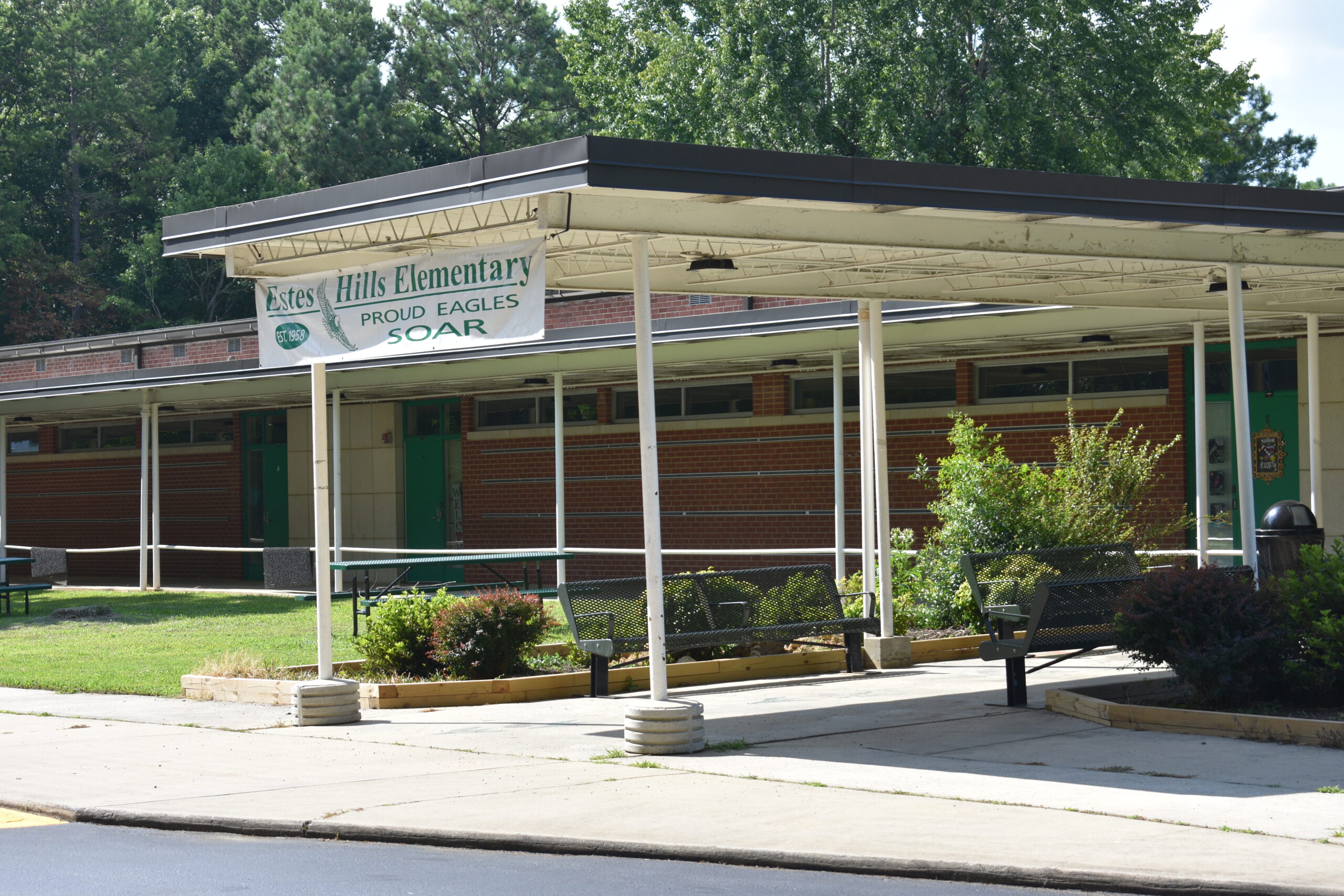

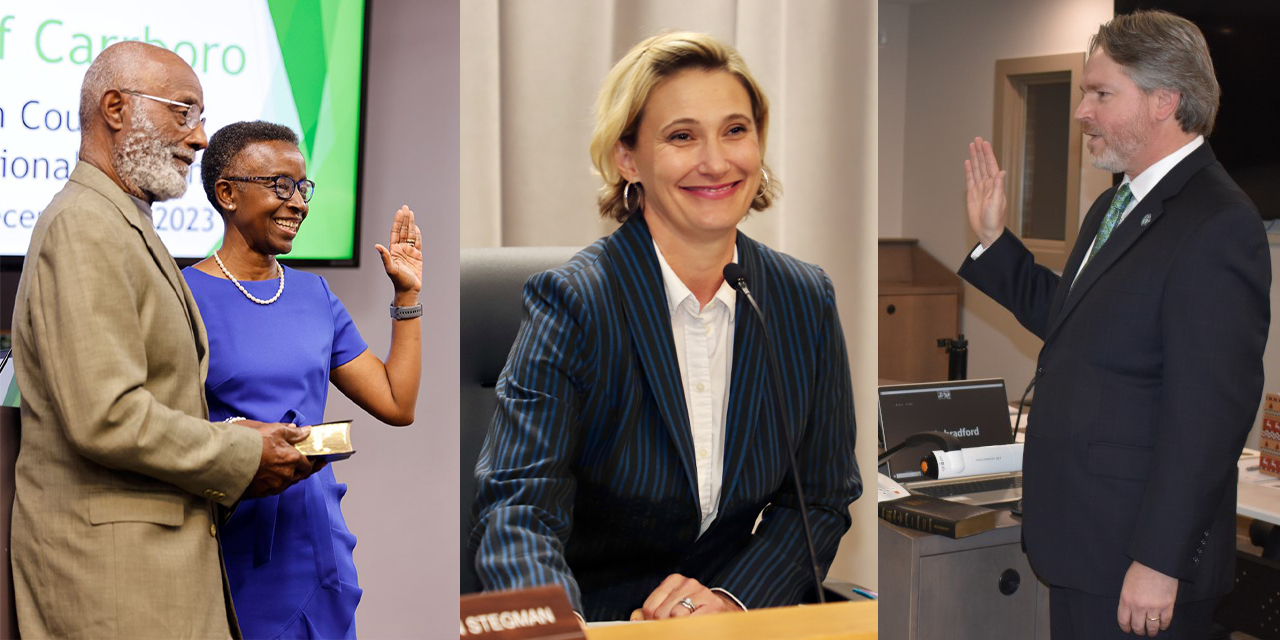
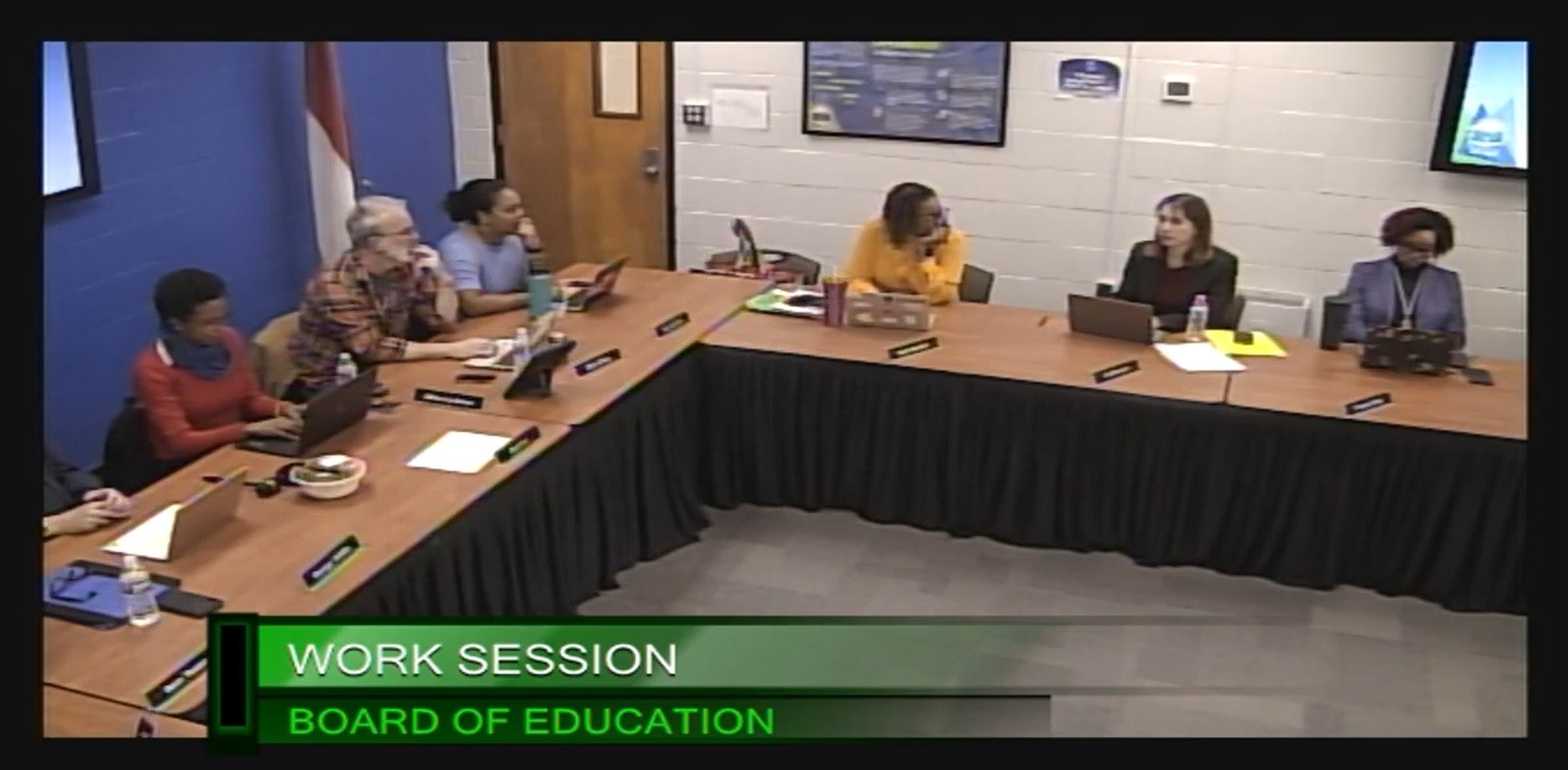

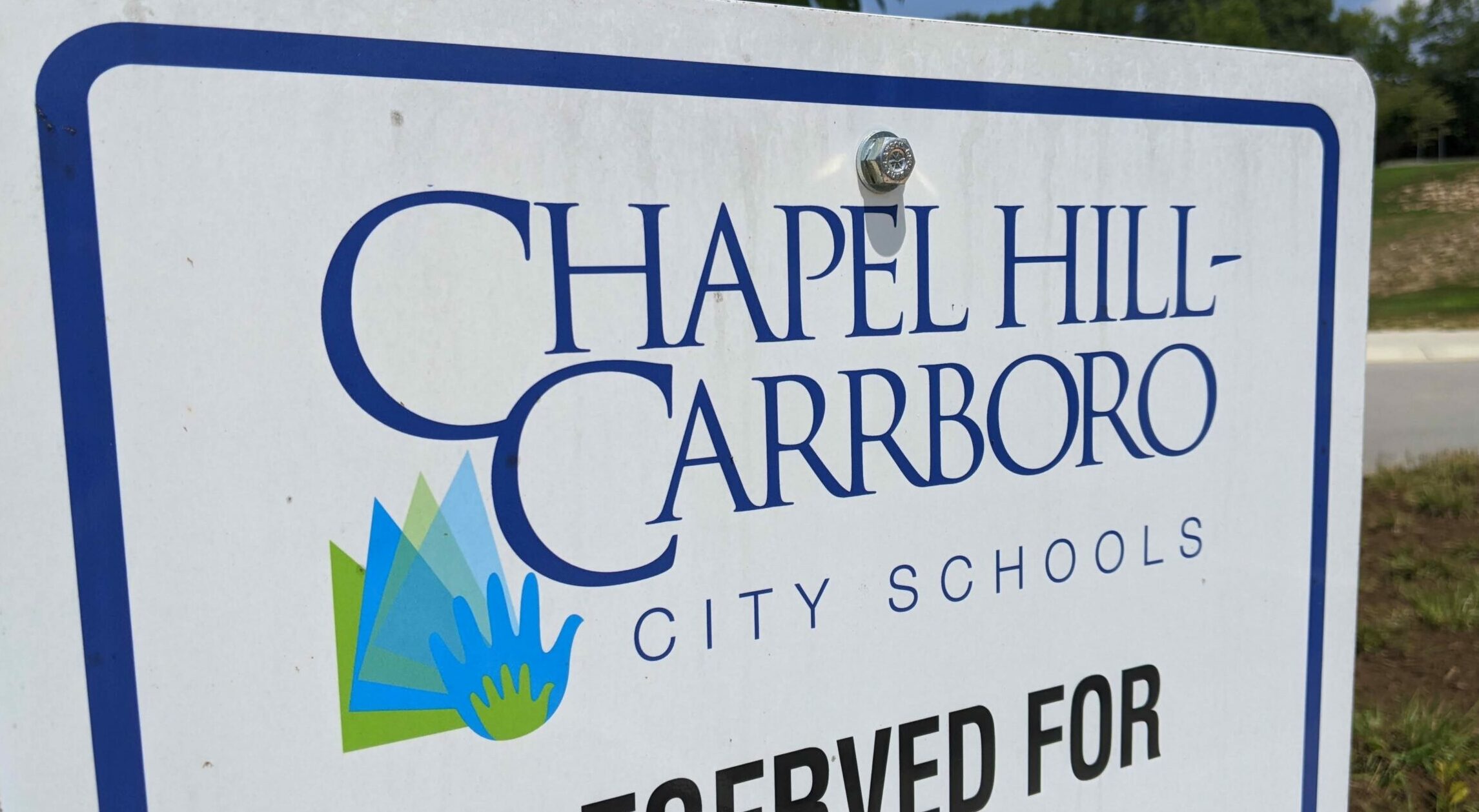

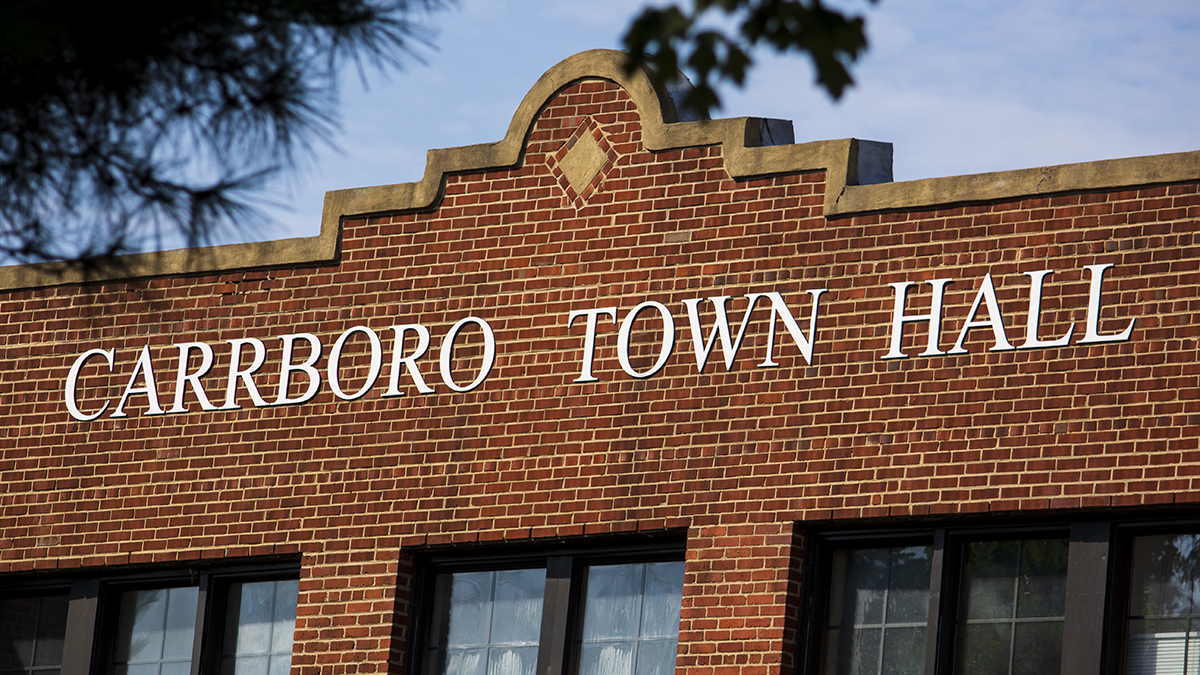


Comments on Chapelboro are moderated according to our Community Guidelines